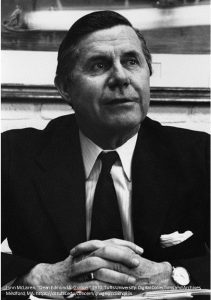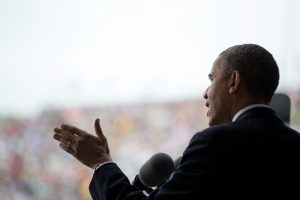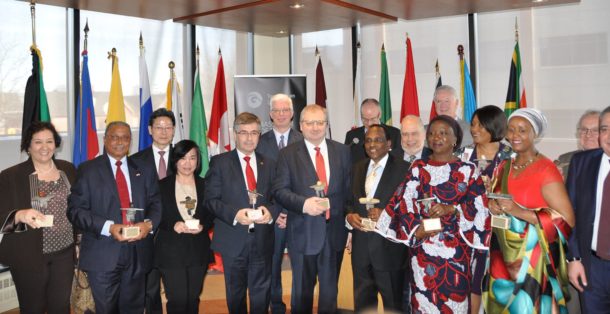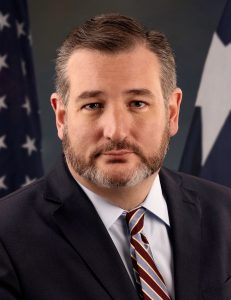Daniel Birdsall, February 26, 2019, sites.tufts.edu/fletcheradmissions; see also If you’ve poked around our website enough, or otherwise have more than a passing familiarity with Fletcher, you’ve likely come across the term “public diplomacy” [JB emphasis] at some point. While it mostly makes intuitive sense to me, I’ve rarely stopped to think specifically what we’re talking about when we refer to public diplomacy. An interesting piece of web content recently trickled down to me by way of one of Fletcher’s longest-tenured faculty members, as well as our Dean of Admissions, which I thought worth sharing. At the risk of becoming an irksome content regurgitator, I’d encourage readers to check out this recent post by former diplomat and current blogger John Brown. Brown highlights the work of Edmund Gullion, a former NATO SACEUR and Dean of The Fletcher School in the 60s and 70s (a general career path shared by our previous Dean, Admiral James Stavridis). Searching for a descriptor for the way nations publicly explain and communicate national policy without the negative connotations of the term “propaganda,” Gullion hit upon “public diplomacy,” which he defined as “the ways in which governments, private groups, and individuals shape those public attitudes and opinions which influence the formulation and execution of foreign policy.” Interested readers can check out the full post for further background, as well as Brown’s own commentary on the history and evolution of the concept of public diplomacy.
If you’ve poked around our website enough, or otherwise have more than a passing familiarity with Fletcher, you’ve likely come across the term “public diplomacy” [JB emphasis] at some point. While it mostly makes intuitive sense to me, I’ve rarely stopped to think specifically what we’re talking about when we refer to public diplomacy. An interesting piece of web content recently trickled down to me by way of one of Fletcher’s longest-tenured faculty members, as well as our Dean of Admissions, which I thought worth sharing. At the risk of becoming an irksome content regurgitator, I’d encourage readers to check out this recent post by former diplomat and current blogger John Brown. Brown highlights the work of Edmund Gullion, a former NATO SACEUR and Dean of The Fletcher School in the 60s and 70s (a general career path shared by our previous Dean, Admiral James Stavridis). Searching for a descriptor for the way nations publicly explain and communicate national policy without the negative connotations of the term “propaganda,” Gullion hit upon “public diplomacy,” which he defined as “the ways in which governments, private groups, and individuals shape those public attitudes and opinions which influence the formulation and execution of foreign policy.” Interested readers can check out the full post for further background, as well as Brown’s own commentary on the history and evolution of the concept of public diplomacy.
***
Updated 3/2/2019
E-mail comment on the above by retired Career Minister from the U.S. Information Agency [JB: see] Len Baldyga (see below bio) Baldyga image from
Baldyga image from
Leonard J Baldyga Fri, Mar 1, 11:46 AM (13 hours ago) [:] John….I had Gullion speak to my class when I was at Fletcher and he spoke in detail about how he and a colleague came up with the term public diplomacy. He said they struggled "all night" to come up with an appropriate term. I do not accept his definition since it includes private institutions as part of public diplomacy —- I argue that they are participants only to the extent that they are functioning under the auspices of the USG. If they are not then what they are engaged in is cross-cultural communications or dialogue but not diplomacy.
****
Len Baldyga retired as Career Minister from the U.S. Information Agency and served as Minister-Counselor in New Delhi and Rome, as well as Public Affairs Officer in Mexico and Warsaw. He held senior positions at USIA including Director of the Office of European Affairs. He was Acting Director of the Murrow Center at the Fletcher School of Law and Diplomacy at Tufts where he also taught courses in international political communication and public diplomacy. He is a member of the Public Diplomacy Council [JB: see] and the Washington Institute of Foreign Affairs.
[Bio kindly provided by Mr. Baldyga on 3/1/2019.]
Original Article
The origins of “public diplomacy” (updated 3/2/2019)
Views: 7







